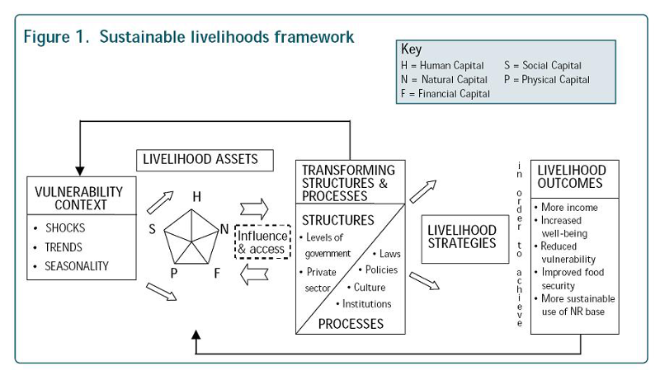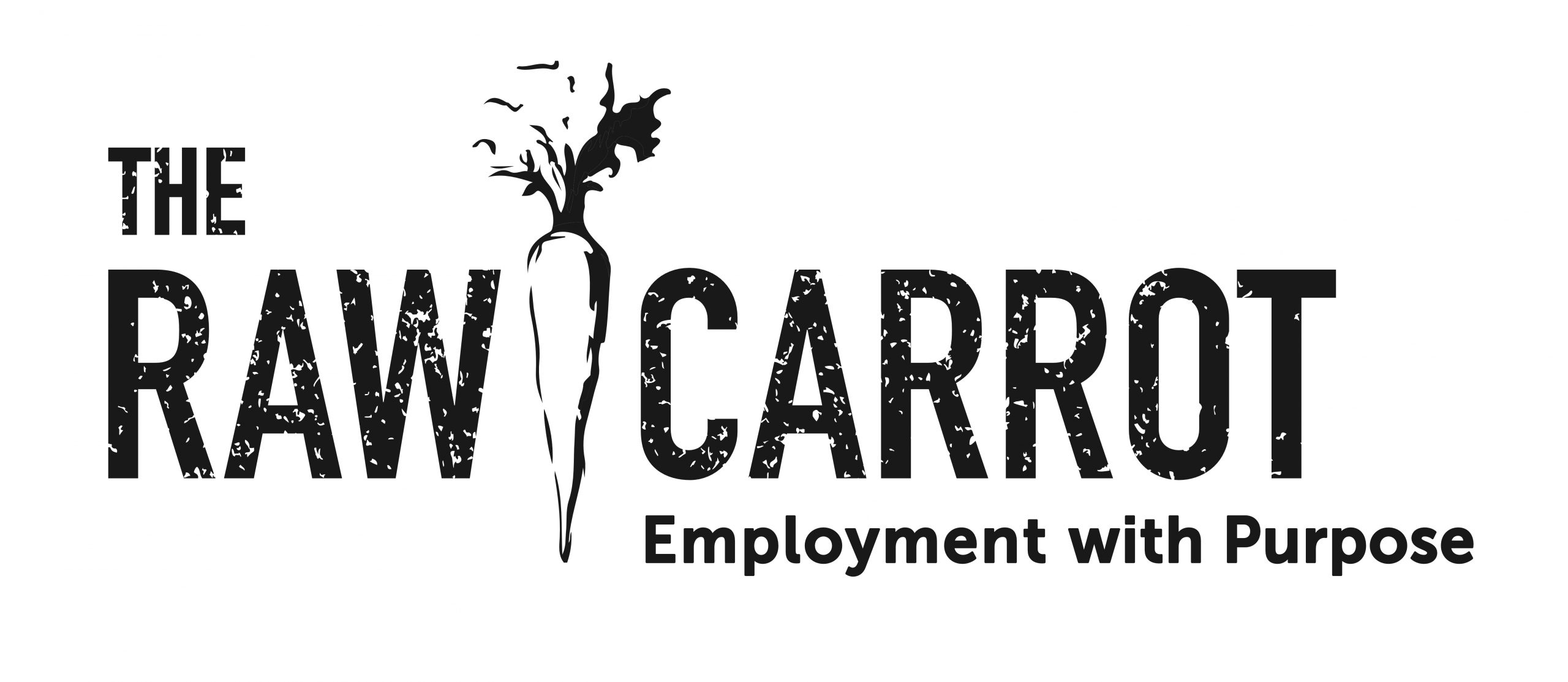Vision ~ Mission ~ Values
Vision:The Raw Carrot Soup Enterprise, an outreach ministry of Paris Presbyterian Church, seeks to fulfill the biblical mandate to “act justly, love mercy, and walk humbly with your God” (Micah 6:8). Our vision is for people in all communities in Canada to be meaningfully employed and able to meet their basic needs.
Mission:As a not-for profit social enterprise, The Raw Carrot addresses underlying causes of poverty and marginalization through supportive employment. We believe that a Hand Up is way more awesome than a hand-out!
Values:
- We respect and value each individual as unique and made in God’s image
- We strive to create an environment where people can thrive
- We value creativity & innovation as an expression of each person’s gifts and talents
- We seek out justice in communities by actively working to securing equality for all
- We believe in collaboration & partnerships that enable us to achieve more by working together
Our Methodology & Framework


The Raw Carrot Soup Enterprise model is grounded within a sustainable livelihoods approach that takes a comprehensive view of an individual’s circumstances to understand the complexity of poverty and marginalization. (The sustainable livelihoods framework. (Source: DFID, 2002).
“A Livelihood comprises the capabilities, assets (stores, resources, claims, and access) and activities required for a means of living: a livelihood is sustainable which can cope with and recover from stress and shocks, maintain or enhance its capabilities and assets, and provide sustainable livelihood opportunities for the next generation; and which contributes net benefits to other livelihoods at the local and global levels in the short and long term” (Chambers and Conway, 1991, p.6).
This framework identifies 5 broad ‘asset areas’ that are interconnected factors to consider in working with individuals who have faced poverty and vulnerability. Livelihood Security is achieved through:
- Human assets: skills, knowledge, education and leadership
- Social assets: social connections, networks and contacts
- Physical assets: housing, food and necessities
- Financial assets: earning, money and financial security
- Natural: self-confidence and self-esteem
While the sustainable livelihoods perspective is the framework for our understanding of people’s circumstances and their barriers to the traditional workforce, our specific focus is on 2 areas:
- Employment / employability and skills training (financial assets)
- Social inclusion (social assets)
We believe that as participation in employment becomes more stable, people with move towards greater social inclusion, dignity, purpose, and increased economic and personal empowerment.
